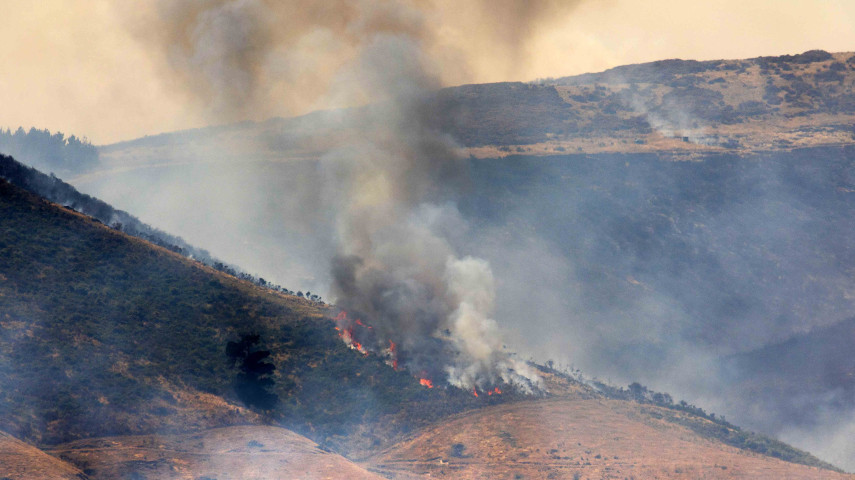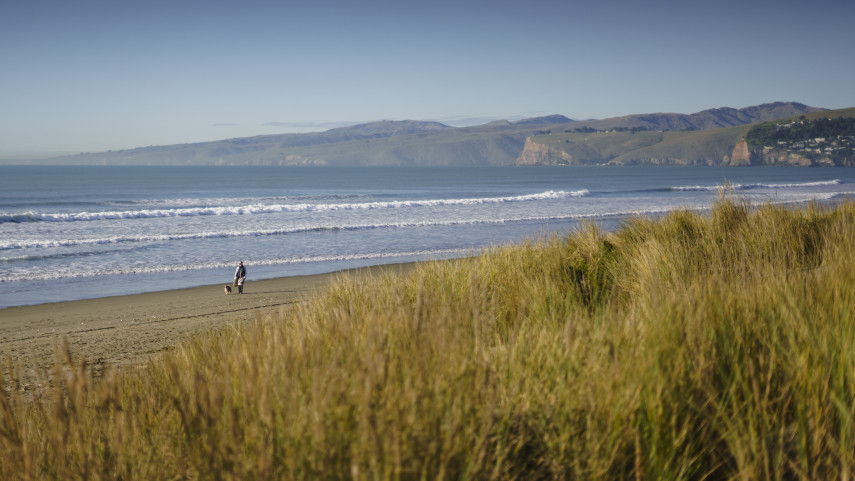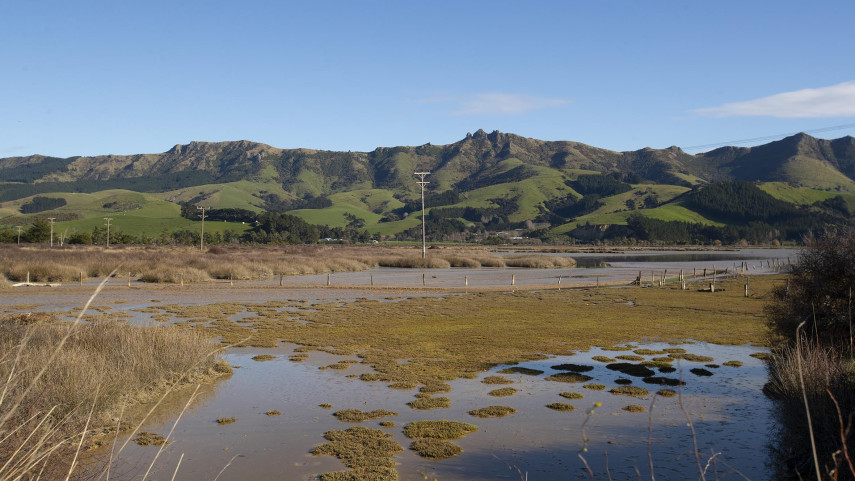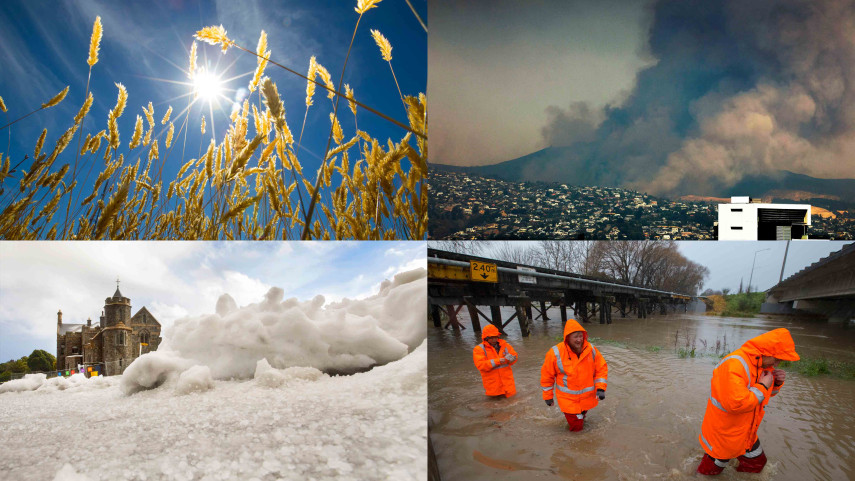More hot, dry and windy weather can increase the risk of wildfires at a time when water supplies may be limited.

Expected impacts
An increase in the frequency and severity of wildfires, an extended wildfire season and longer periods of outdoor fire bans.
What this means
- Greater risk that people, property, infrastructure and access will be affected by wildfires.
- Loss of trees and vegetation on the Port Hills and Banks Peninsula due to fires.
- Fire damage to forestry, farmland and indigenous biodiversity.
- Increased risk of landslides during intense rainfall due to loss of vegetation.
- Loss of soil due to wind and erosion, and poor water quality due to more sediment being in it.
- Cultural, amenity and recreational values are affected by fires and the loss of vegetation.
- Outdoor fire bans happening more often and for longer.
What you can do
- If you see a wildfire or smoke rising from parks or greenspaces, take note of the specific location and immediately call 111.
- Keep things that easily burn away from your home – for example, clear leaf litter from gutters, regularly mow grass, trim trees, keep vegetation away from buildings and store wood in a non-flammable shelter away from your home.
- Plant leafy green species that are known to be less flammable. Learn more about plants that are less flammable(external link) or from Fire and Emergency New Zealand(external link).
- When building or altering your home, deck or fence, consider using fire-resistant materials.
- Have a household plan that includes the best ways to evacuate your home and neighbourhood during a fire. Fire and Emergency New Zealand(external link) has many resources to help you do this.
- Obey fire bans and follow any instructions from emergency services if a fire breaks out.
What we’re doing
- Port Hills Fire Recovery Plan – We’re helping to restore nature on the Port Hills in ways that will reduce the risk of future fires, such as including fire breaks, planting less flammable native species and encouraging fire safety awareness. Learn more about reducing the risk of fire.
- Fire prevention and extreme heat responses – We’re working with partners to prevent, and rapidly respond to, wildfires and to develop community response plans. Learn more at Emergency Management Canterbury(external link).
Related news

Fund open to support sustainable community initiatives
The Sustainability Fund is open now for applications for projects that help meet the Christchurch City Council’s climate change objective and targets.
1 Dec 2025
New study reveals lay of the land for entire district
A new study of vertical land movement is offering a much clearer picture of how the land is slowly rising and sinking post-earthquakes across Christchurch, Banks Peninsula, and beyond.
22 Oct 2025
Upskill on climate change with UC – for free
Ōtautahi Christchurch residents will soon have free access to a new online learning course designed to build understanding and resilience in the face of climate change.
14 Oct 2025